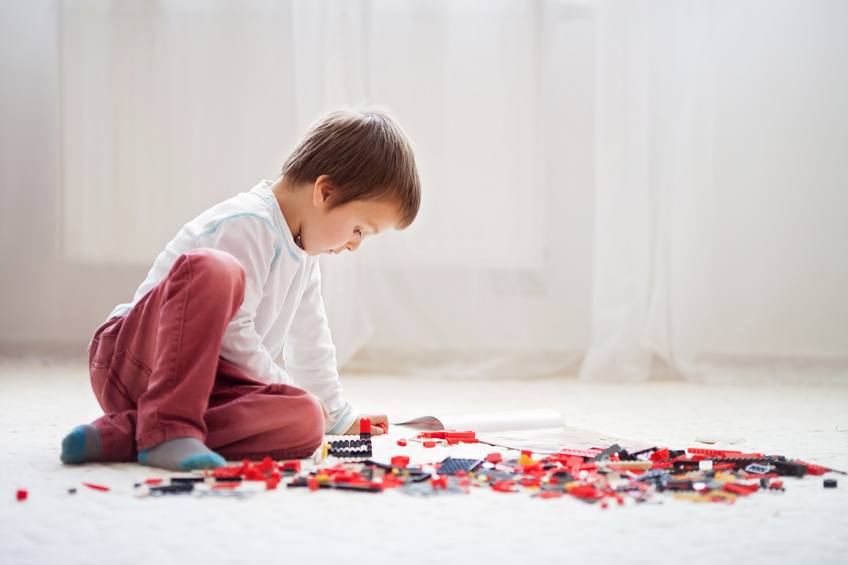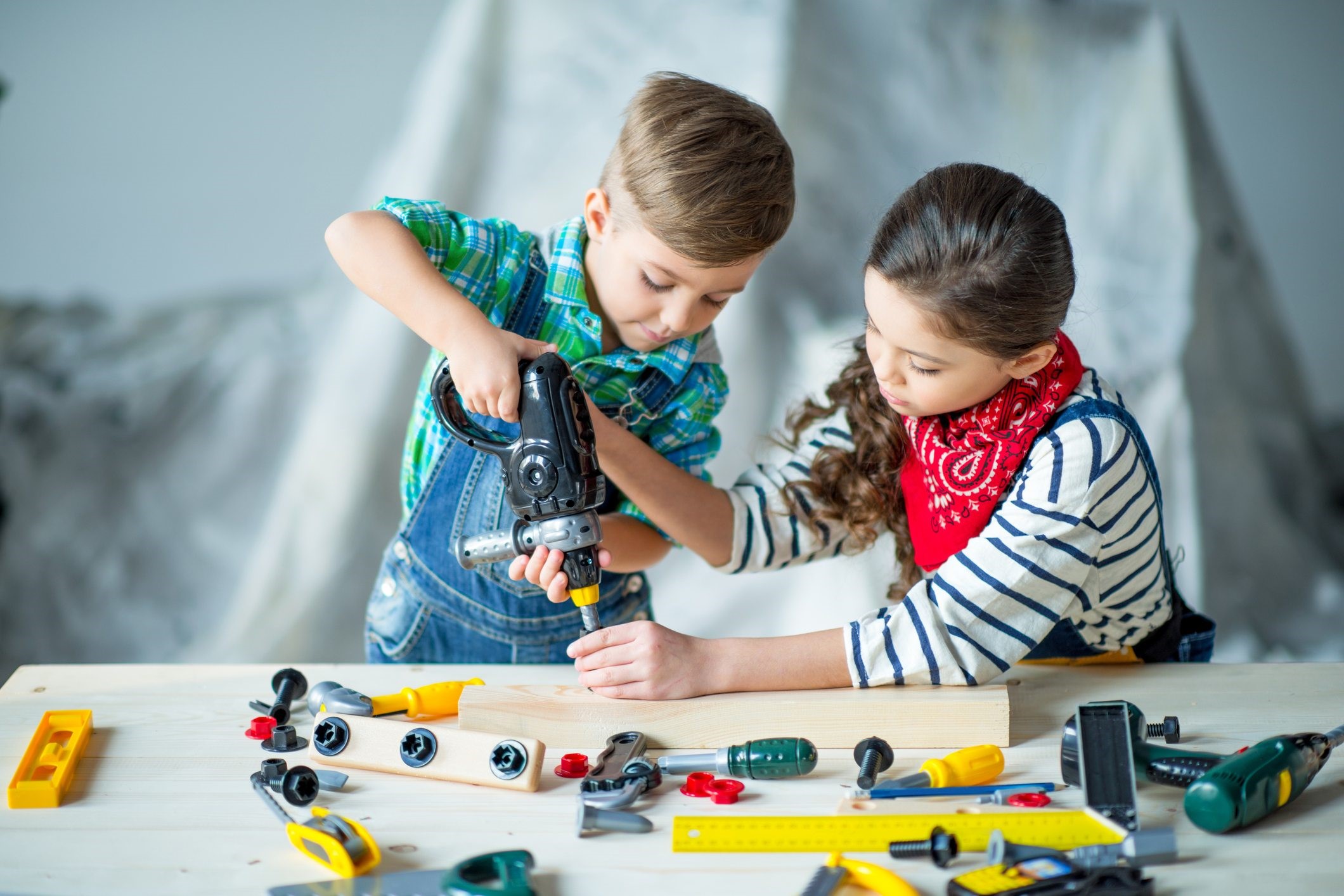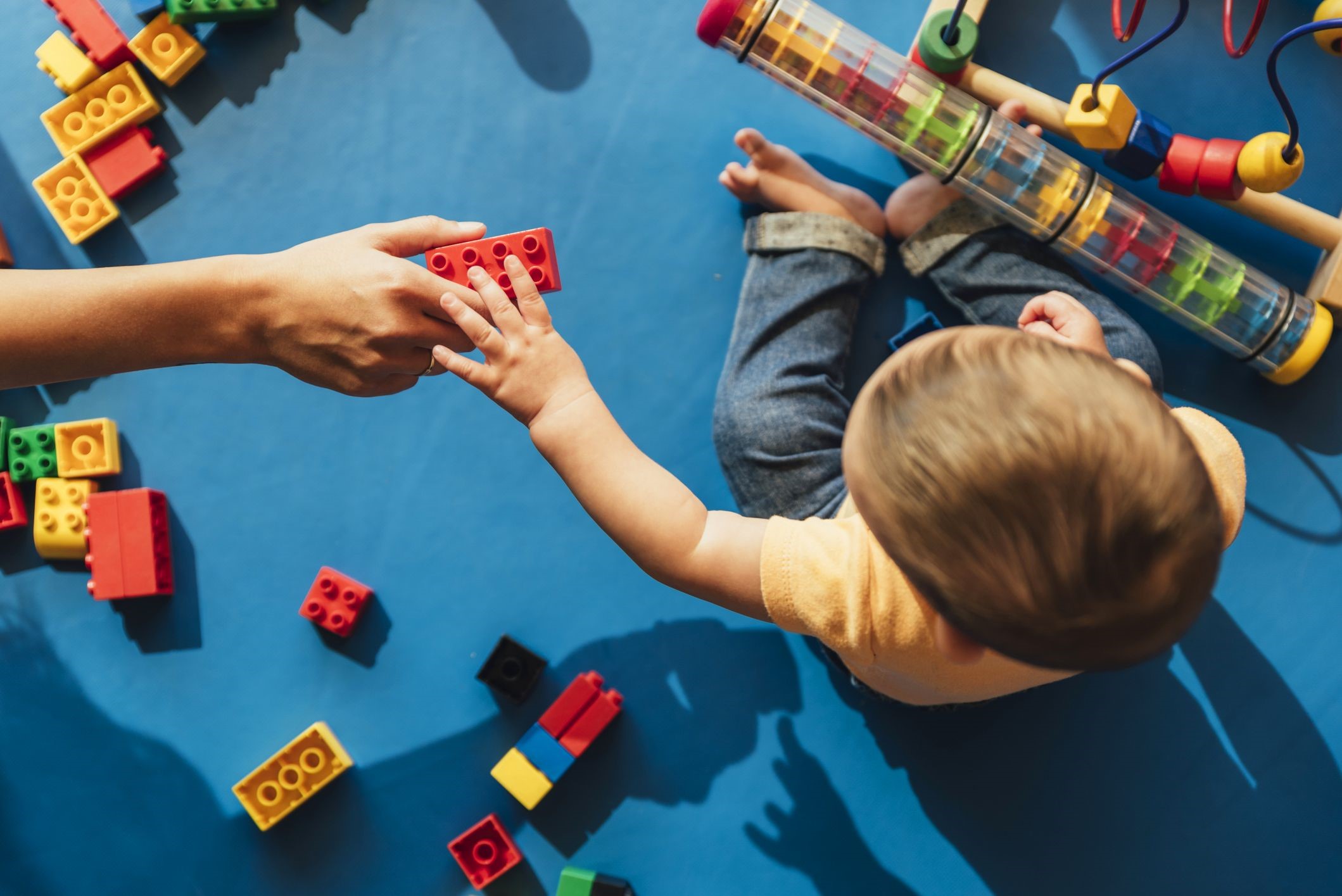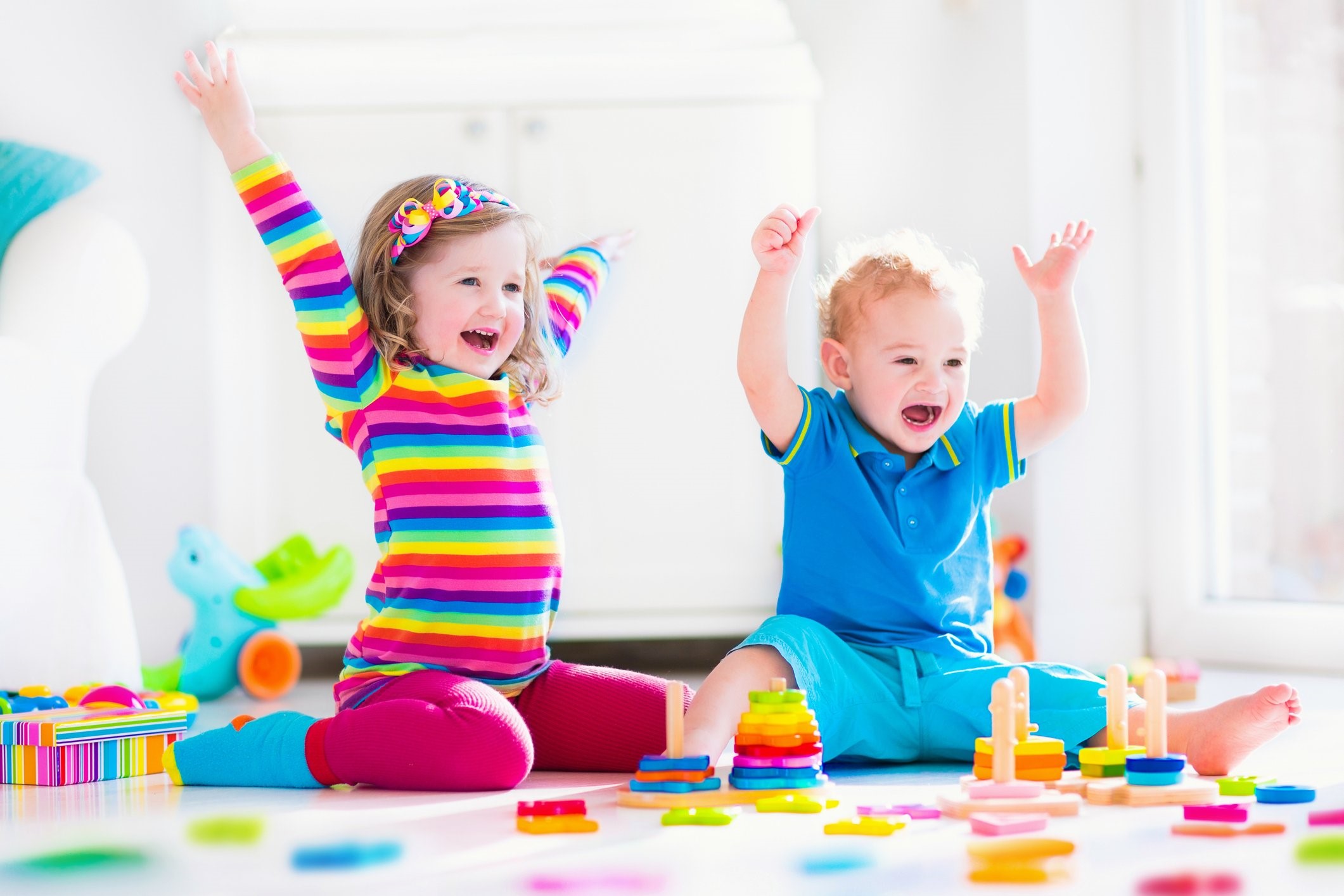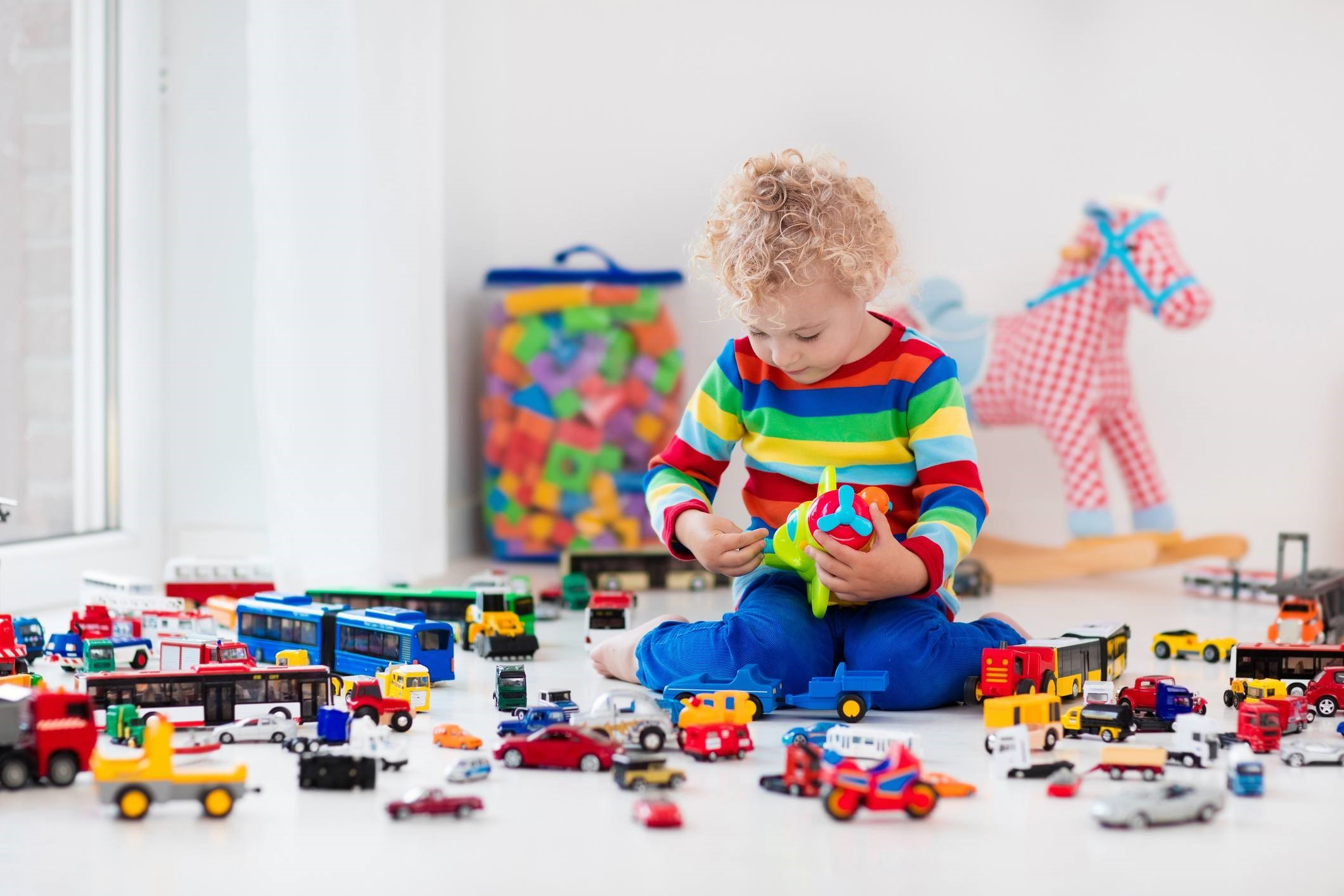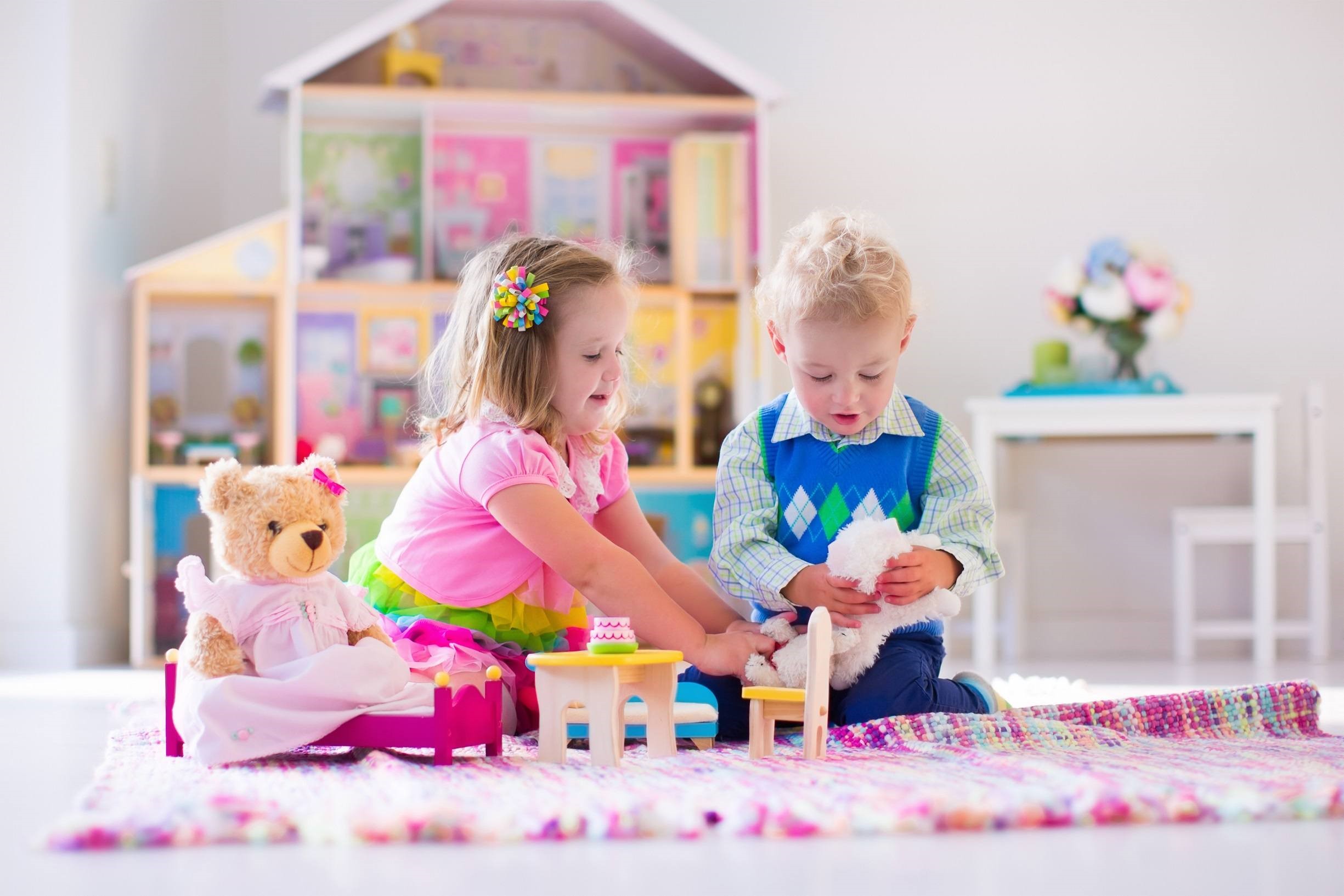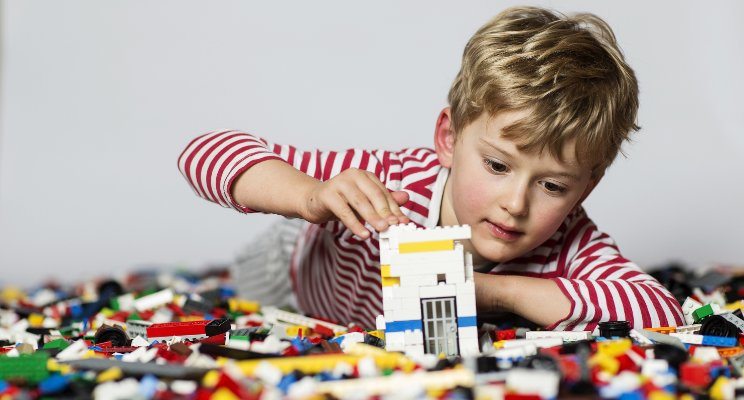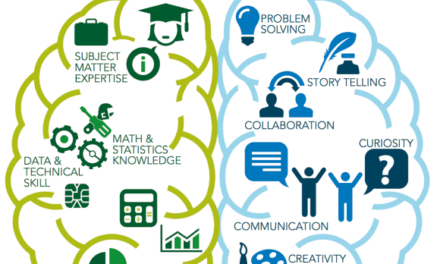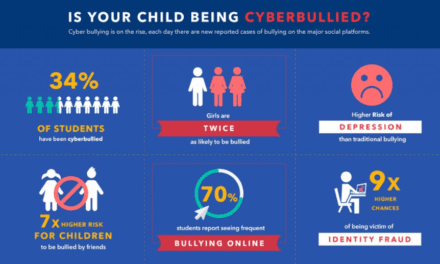If you want to raise smarter kids, certain toys might hold the key. Psychologists say that some toys and the types of play that go along with them can actually improve your child’s brain. Those range widely, and different toys have different effects. That’s why you should invest in toys that help your child develop.
Kids need toys they interact with
Toys that need building or manipulation help with problem solving
Experts say that toys the kids can change or adjust in some way make them better problem-solvers. Think pieces that snap together or elements designed for building. Toys that encourage what psychologists call “manipulative play” can help kids develop critical thinking skills. Developmental psychologist Rachel Keen explained that parents and teachers “need to design environments that encourage and enhance problem solving from a young age.”
Young builders demonstrated this important characteristic
Construction activities may help them perform better on tests.
When psychologists observed 51 preschoolers playing with construction activities, they noticed a pattern. The kids who showed more interest in construction and build more sophisticated creations performed better on standardized spatial intelligence tests. Other studies showed similar findings. The types of blocks do not matter; everything from Lincoln Logs to Legos will work. Blocks also lead to better math skills and may even lead to improved language development.
Certain toys promote better cooperation
Toys that involve problem solving help kids be more cooperative
When kids play with toys that require problem-solving, they can actually develop better social skills. Researchers studied autistic kids who attended play sessions with toy blocks and found they made greater social improvements than kids who did not. Other research shows that kids without autism spectrum disorders form better friendships when they play cooperatively.
Help kids develop better coordination
They do better when the toys have movable parts.
Give your child toys that require manipulation of any kind, including building, movable parts, or even puzzles. The group Teachers Resisting Unhealthy Children’s Entertainment said that these types of play encourage better hand-eye coordination and fine motor skills. They can also help kids develop stronger, more dexterous hands.
Exercise stimulates the brain, too
Exercise is great for kids brains.
At the Salk Institute, scientists compared sedentary mice with mice that ran an average of three miles each night on a running wheel. The mice who got exercise performed better on cognitive tests. Those benefits will help your child, too. Toys that encourage physical activity, like jungle gyms, sports equipment, and even a simple jump rope, all help. Mice engaged in physical activity also demonstrated better learning skills, and so can your child.
Make-believe stimulates your child’s brain
Playing make believe helps with social skills and problem solving.
When a child has to “fill in the blanks” during play, they learn to use that skill in their lives, too. Imaginative play also helps your child develop better social skills, and teaches them problem-solving. So get your kid toys that requires their noggins — dolls, action figures, dress-up clothes, and the like will all do the trick.
Toys help kids figure out their world
Little boy playing with Legos
Have you ever noticed your child getting fascinated with the same action or game? Did they ever ask you to read the same book three times in a row? Repetitive play helps kids understand how the world works. It can also teach them better deductive reasoning, which can lead to better complex Math skills later in life. As your child does the same thing several times, they create pathways in their brain, which they can use for the rest of their lives.
March 29, 2018
